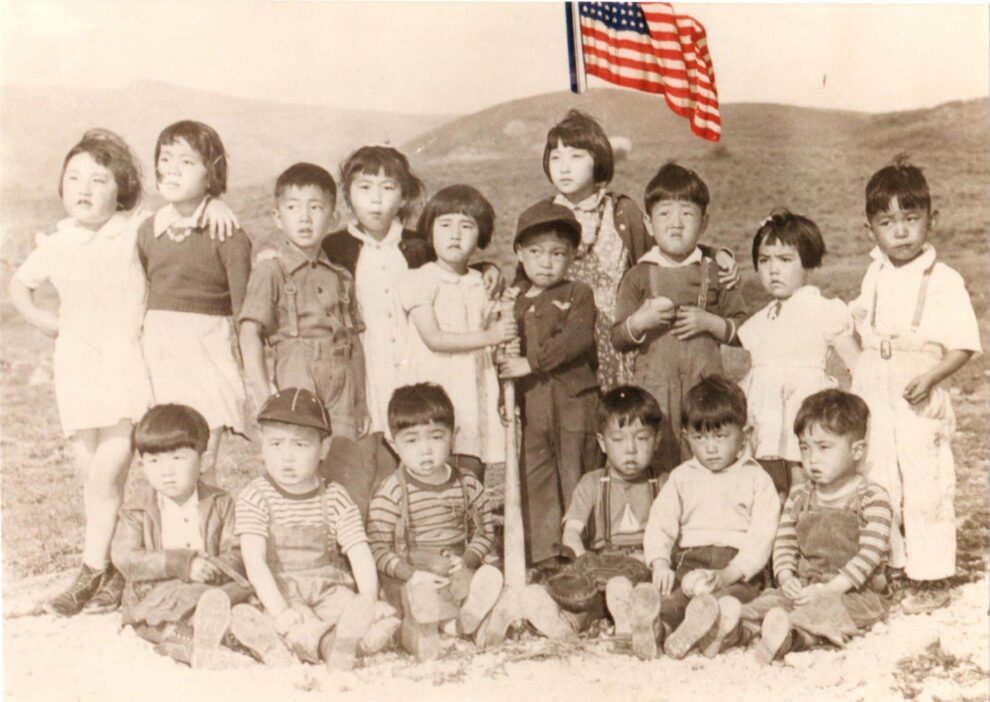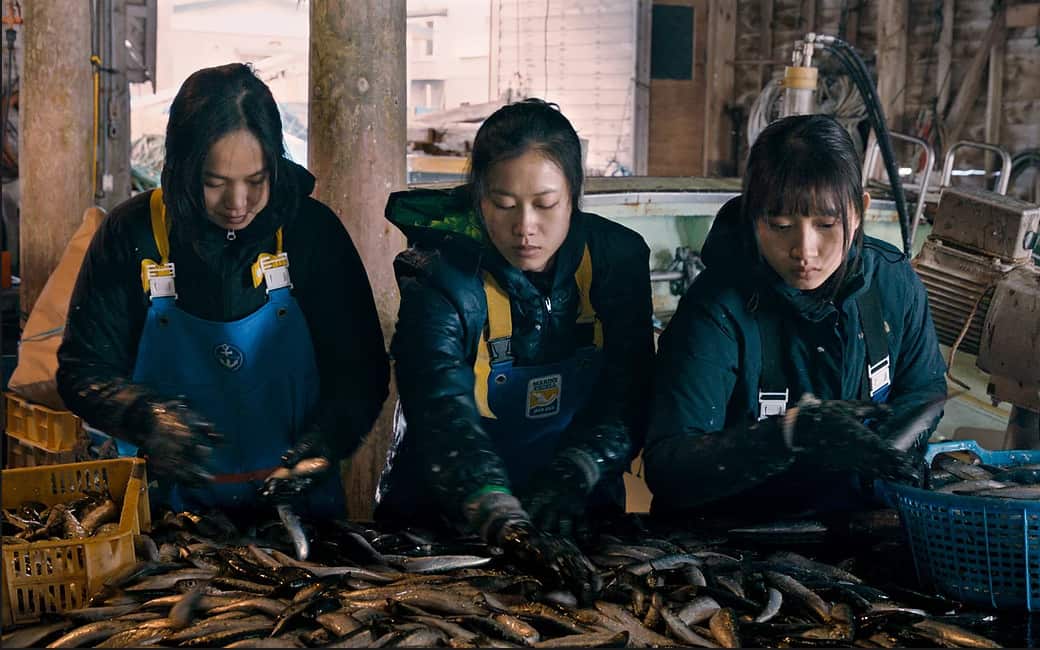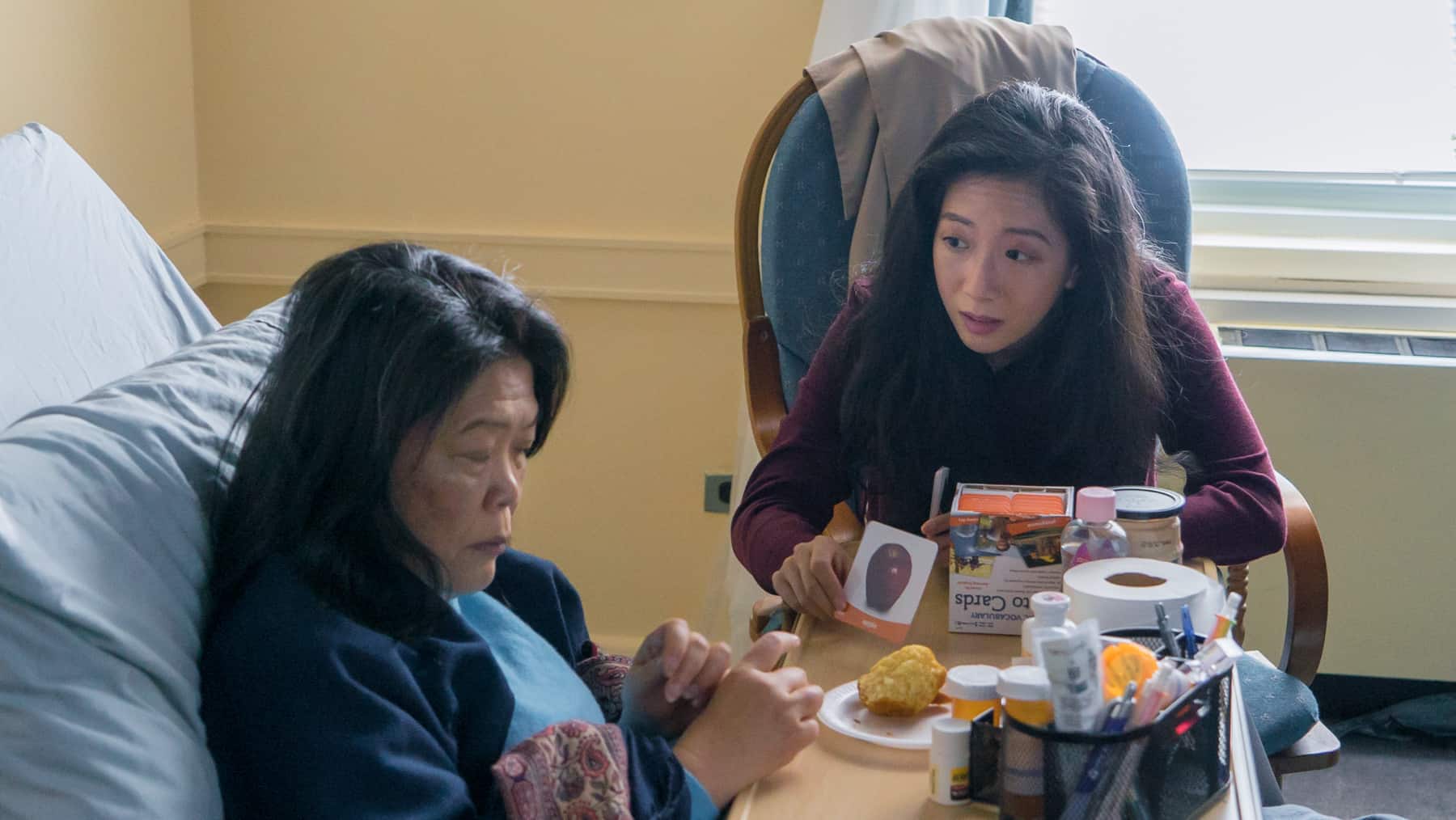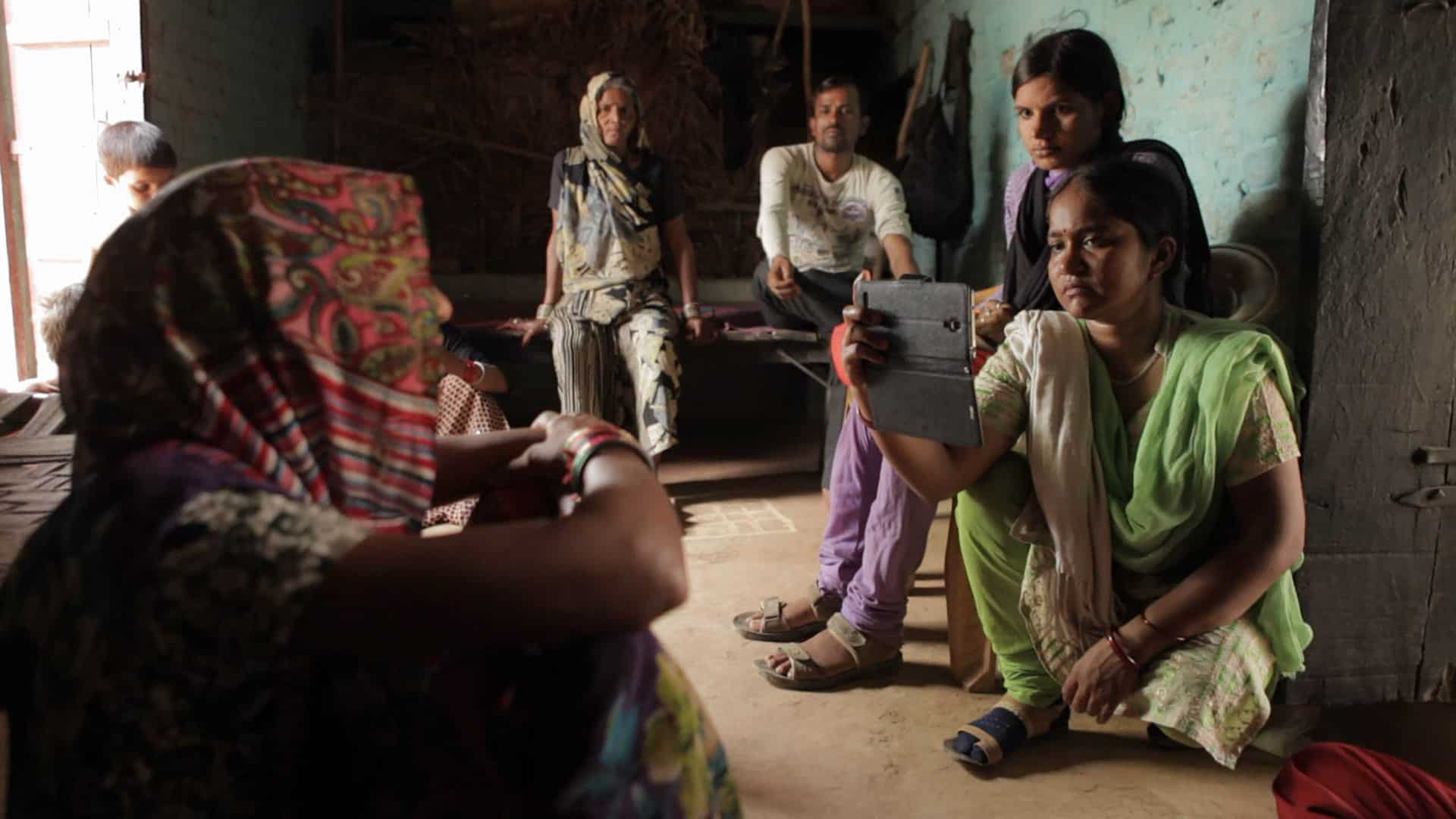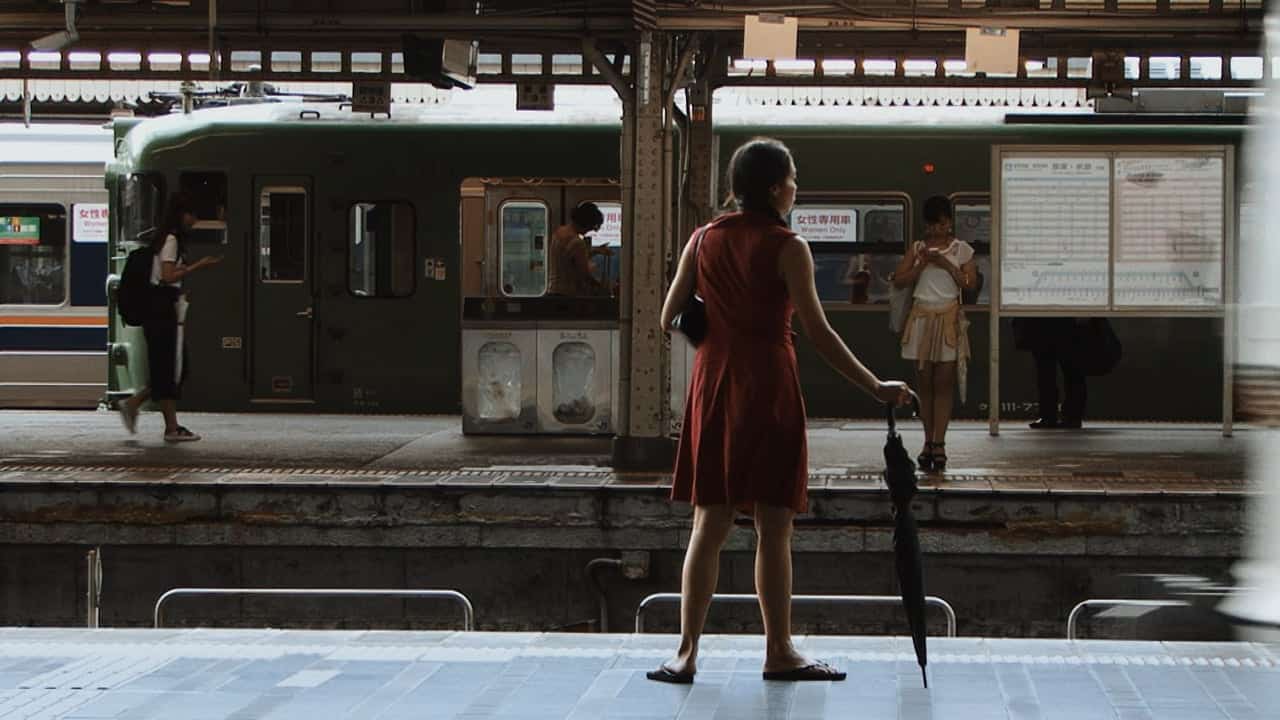The unconstitutional incarceration of Japanese-Americans during the Second World War remains a sore subject for many, and with good reason. Over one-hundred thousand American citizens with ethnic Japanese backgrounds were sent to internment camps across the USA following the issue of Executive Order 9066. While the majority of Japanese-Americans were relocated to prison camps, a minority of ethnic Japanese voluntarily evacuated the West Coast, relocating inland so as to retain their freedom. It's the story of these refugees that Antonia Grace Glenn focuses on in the new documentary from Unwashed Masses Productions, “Before They Take Us Away”.
Before They Take Us Away is screening at Asian Pop-Up Cinema Sophia's Choice

Presented by Professor Evelyn Nakano Glenn of the University of California, the film explores the unique experiences of ethnic Japanese whose families relocated to Colorado, Utah, and other inland states to avoid internment camps. The documentary is comprised almost entirely of interviews with those who fled with their families, and they offer first-hand accounts of the discrimination and upheaval that they underwent. Supplementing these stories is input from contemporary scholars and community figures, each of whom provides further historical context and insight.
We're extremely fortunate that a significant number of Japanese-American evacuees are still alive today and able to tell their tales. Many of the documentary's subjects were children at the time their families fled the West Coast, but the memories of their unique experiences are still very strong. Through these individuals, we learn about the discrimination Japanese-Americans met in the wake of war breaking out, the shock of being forced to leave their homes, and the struggle to survive when roaming as refugees in their own country. The stories here are not necessarily surprising, but that doesn't make them any less infuriating or unjust.
Glenn presents the experiences of voluntary evacuees who opted to leave the West Coast with their freedom instead of facing the uncertainty of internment camps. Through their experiences and first-hand accounts, we learn more about the discrimination faced by Japanese-Americans who were socially ostracised on the basis of their ethnicity alone. Openly abused, barred from a wide range of establishments, and targeted in schools, Japanese-American refugees were treated no better than the enemy, despite the vast majority of them being American-born citizens. The documentary explores tales of hardship that are heart-wrenching and disturbing in equal measure, reminding us of the dangers of mob mentality and reminding us how quickly people can turn on their own countrymen.
Despite predominantly focusing on voluntary evacuees, Glenn also explores life in the internment camps that housed the vast majority of Japanese-Americans. Through the first-hand accounts of interviewees, which are then backed up with historical evidence, we're presented with the argument that, in some instances, life was easier for those living in the camps than those who evacuated voluntarily. With a guaranteed roof over their head and food, those imprisoned avoided the discrimination and employment struggles faced by evacuees. However, there are no winners in this bleak situation, as it's stressed that sanitary conditions, infant mortality rates, and many more realities of camp life were simply unacceptable.
It's hard to not notice the similarities between the treatment of Japanese-Americans during the Second World War and views on desperate migrants today. Detention centers in the USA in recent years, along with growing intolerance towards refugees in Europe, show that, unfortunately, we're not so far removed from the social attitudes that led to the imprisonment of Japanese-Americans less than a century ago. Glenn's documentary rounds out by noting the support Japanese-Americans have shown for civil rights movements over the years, notably speaking out against US-based Islamophobia in the wake of 9/11 – another case of US citizens from ethnic minorities being persecuted for the actions of those abroad.
“Before They Take Us Away” is sure to strike a chord with modern audiences. The similarities between the discriminatory issues and race-related paranoia presented in the film and the modern refugee crises across the world are inescapable. What's more, the documentary tenderly analyses a dark corner of the USA's modern history, bringing attention to an oft-neglected consequence of World War Two. A thought-provoking and revealing documentary on the whole.


